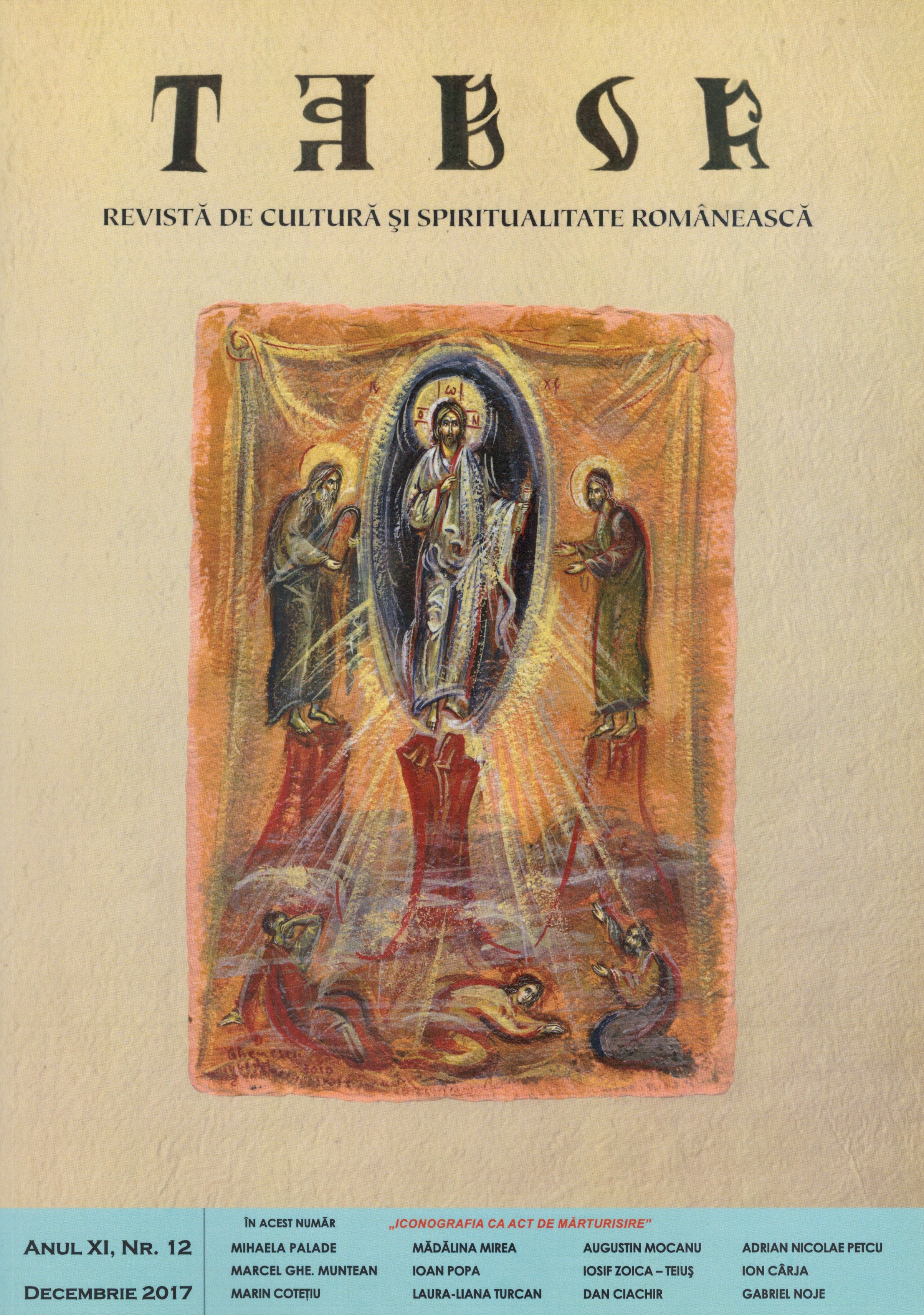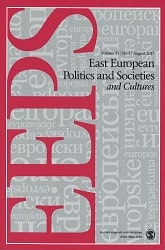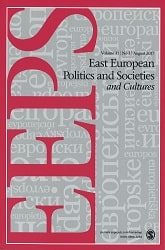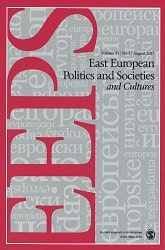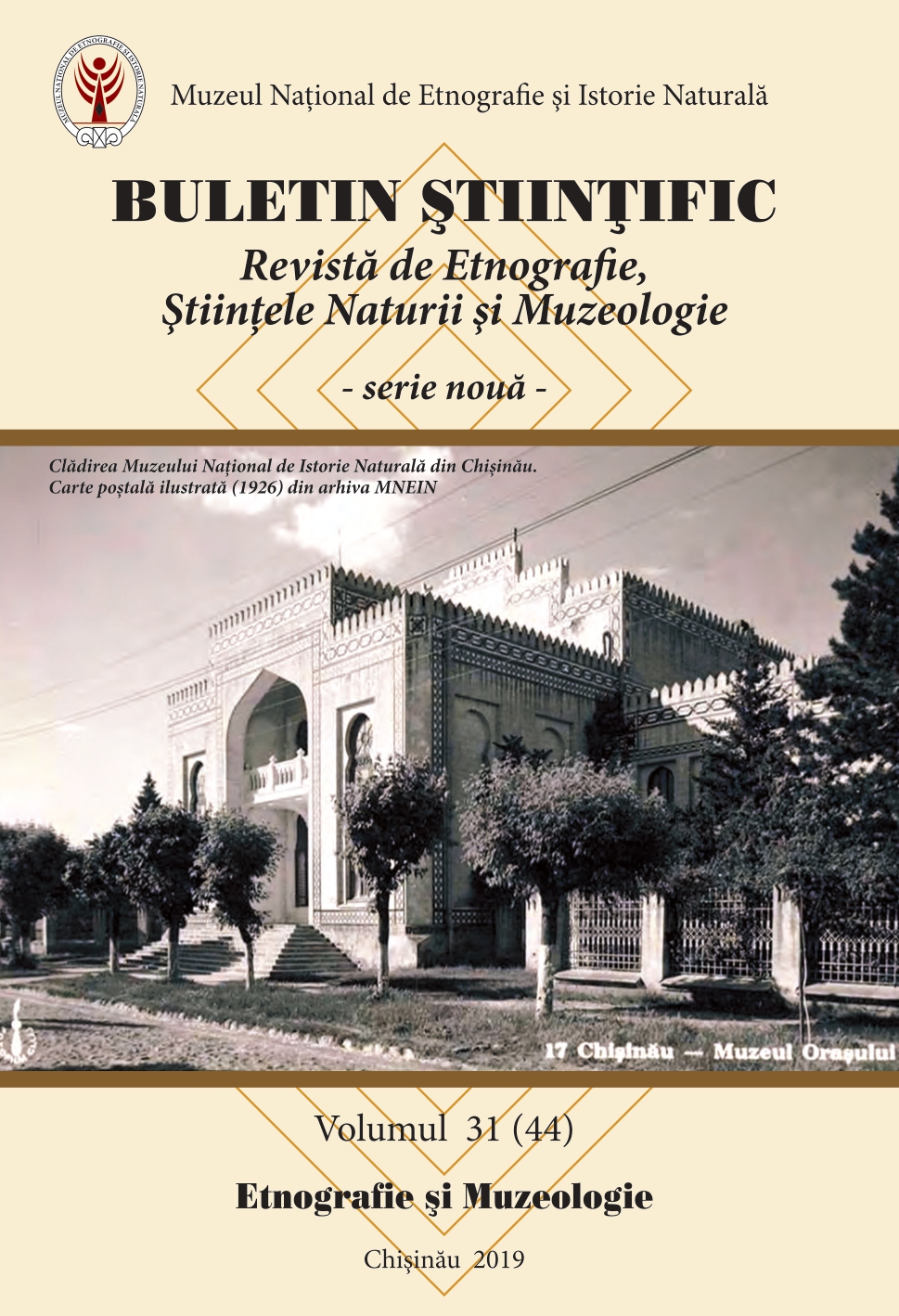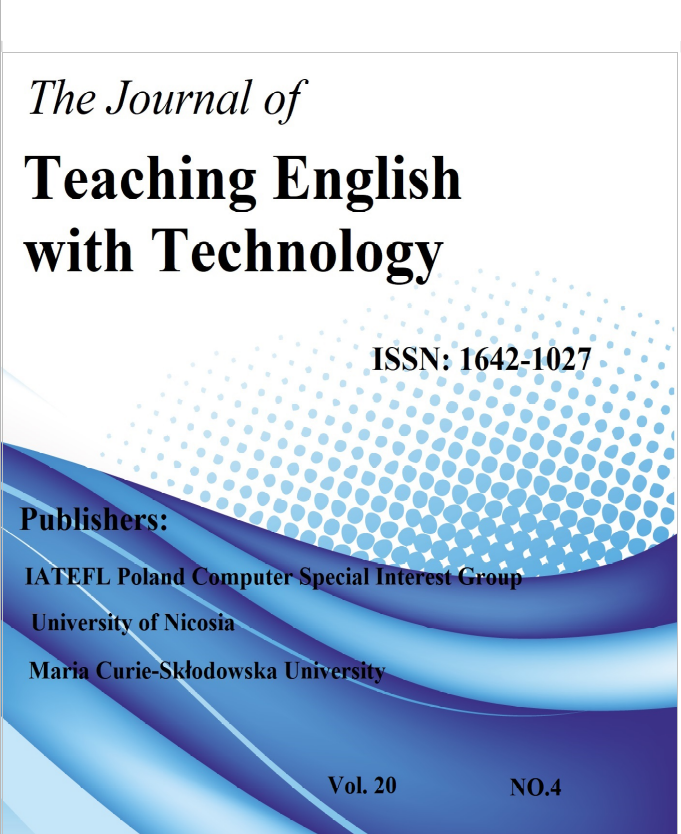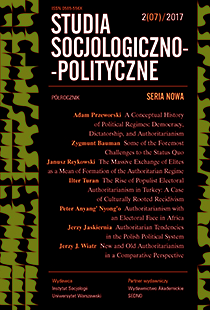
Authoritarian Tendencies in the Polish Political System
Authoritarian Tendencies in the Polish Political System
Keywords: Poland; constitution; political system; 2015 elections; Law and Justice; authoritarian tendencies
The author analyses some authoritarian tendencies which occur in the Polish political system after 2015 elections since one party (Law and Justice – PiS) has started to control the office of the President and both houses of parliament and has introduced changes in functioning of the Constitutional Tribunal and the judiciary. To some extent PiS represents social attitudes typical for the socialist (social-democratic) parties, with some populist message, but with the combination of a conservative approach to several issues and a nationalistic stand on perception of patriotic mood. To respond to the widely felt hardships and anxieties, PiS ran a campaign that called for vastly expanded public spending. It promised to increase the minimum wage and the personal income tax exemption; to offer a new child support payments (program Family 500+), housing subsidies (program Housing+), and free prescription drugs for seniors; and to lower the retirement age from the current 67 to 65 for men and 65 to 60 for women. PiS also exploited the European migrant crisis. It is too early to claim that the authoritarian tendencies, observed after 2015 elections, have dominated the Polish political system for a longer time. Still an important counterbalance offer the political opposition and mechanisms of the civil society. The Polish fundamental law still brings about the criteria to analyze a political practice and instruments to protect to some extent the balance of power and pluralistic values. The open question is what tendency would bring about the constitutional referendum proposed by President Andrzej Duda for 11 November 2018, on the 100th anniversary of independence of Poland. It might answer the question whether some autocratic tendencies would create the mood to change the constitution in that direction.
More...
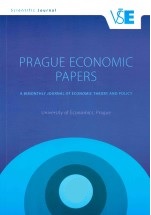
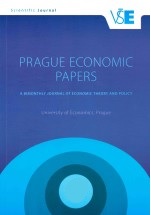
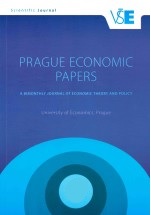
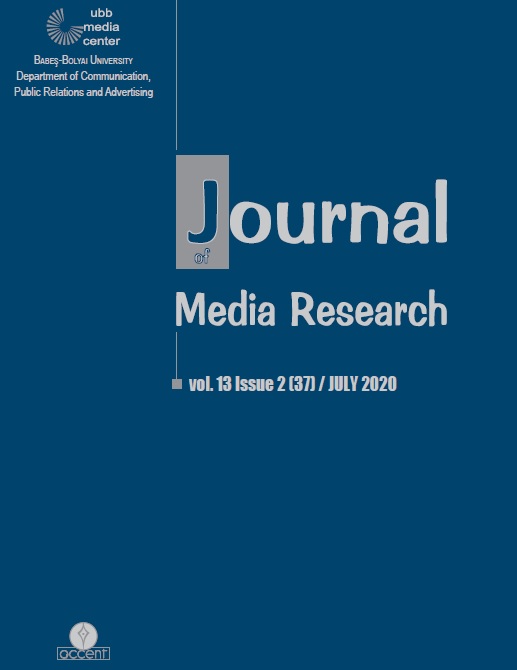
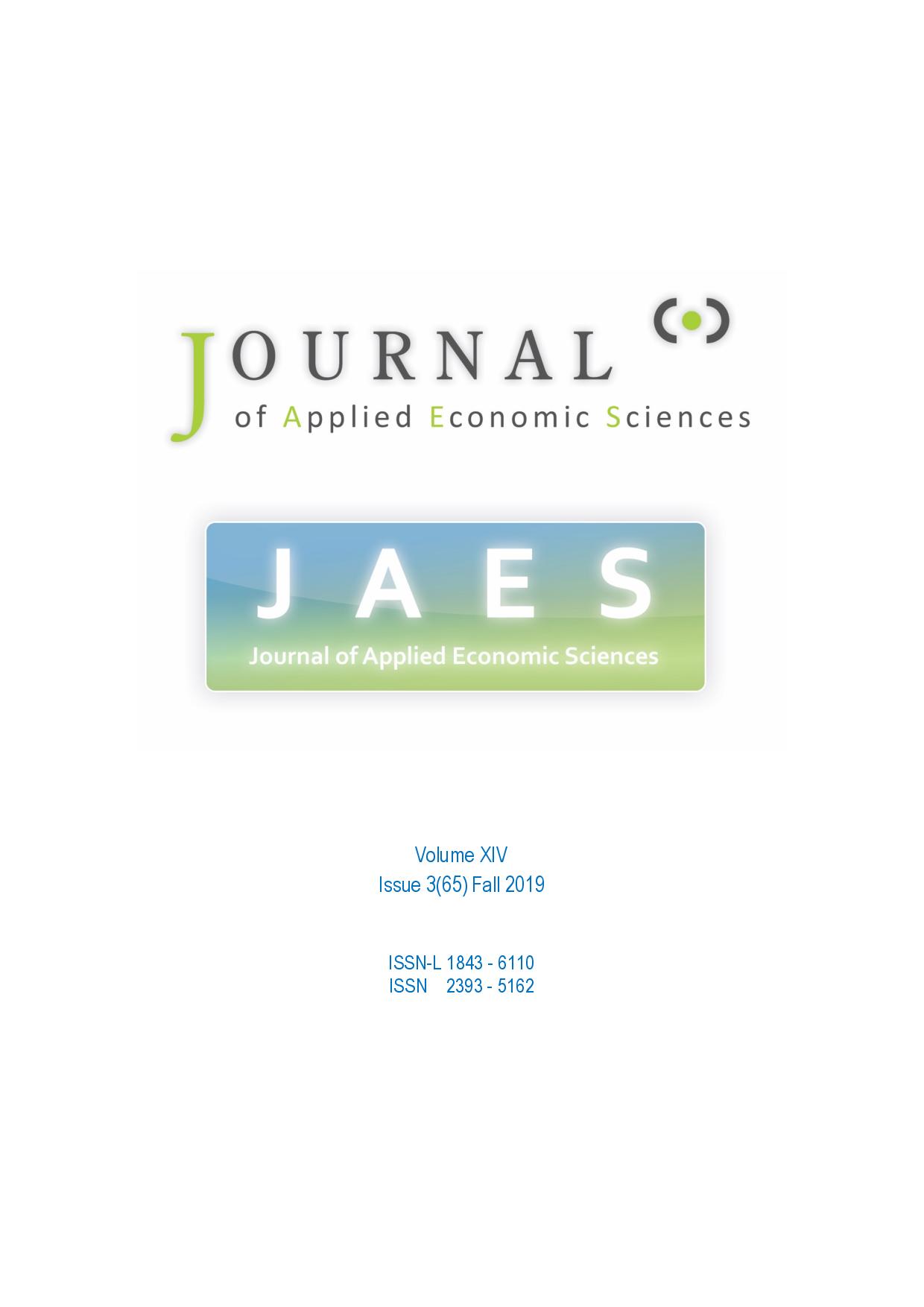
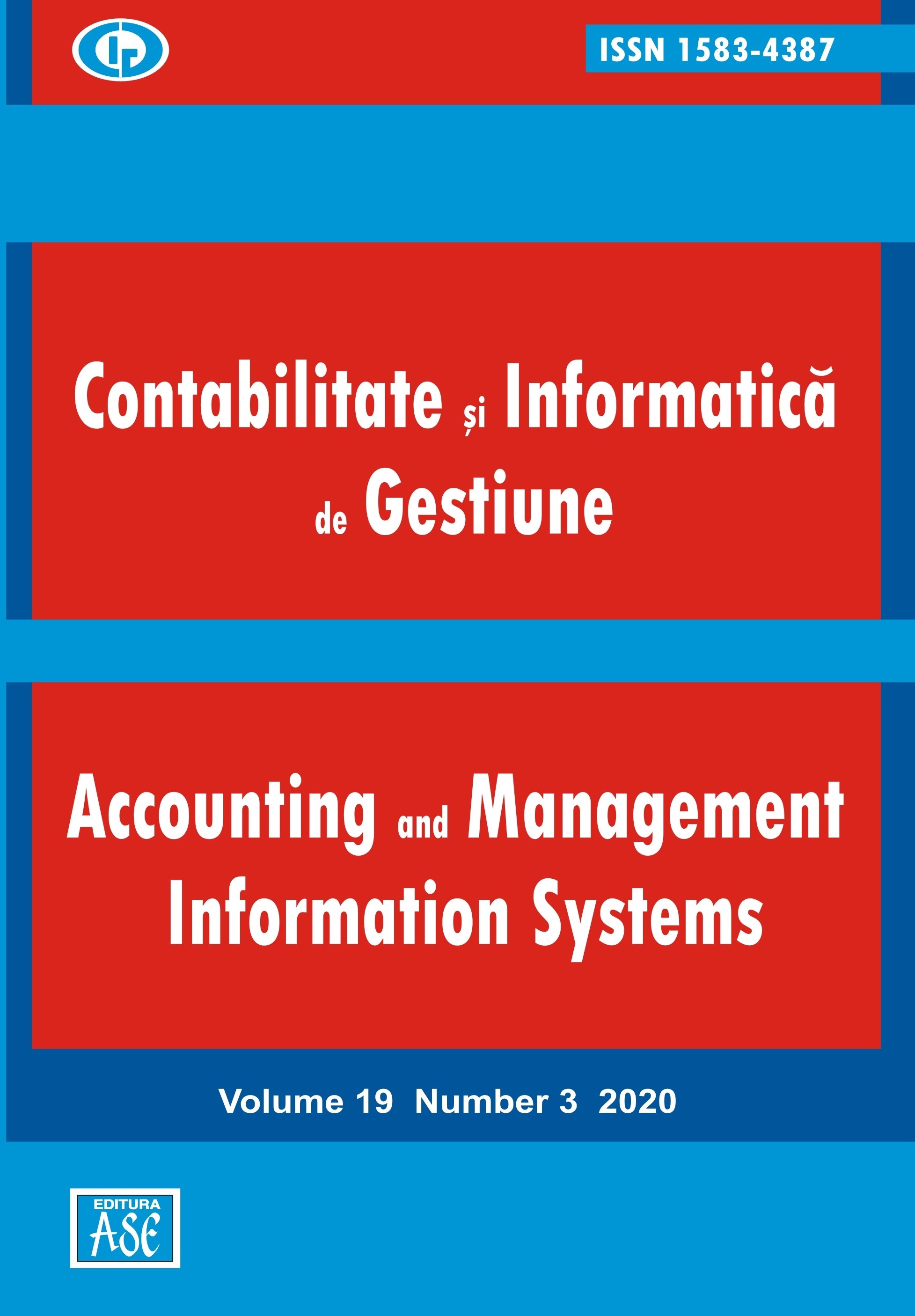
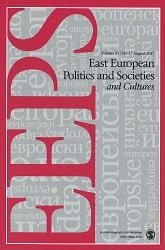
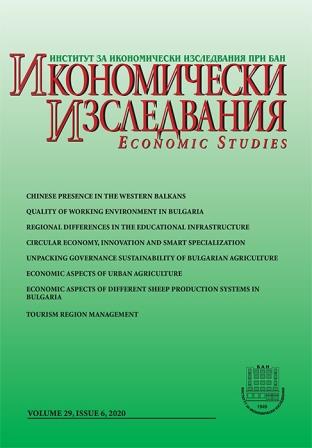
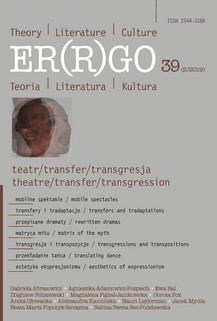
![“Hesperiam sua Libra tenet, qua condita Roma […]” The tale of birth and rebirth of Rome in astrological contexts](/api/image/getissuecoverimage?id=picture_2019_57024.jpg)
